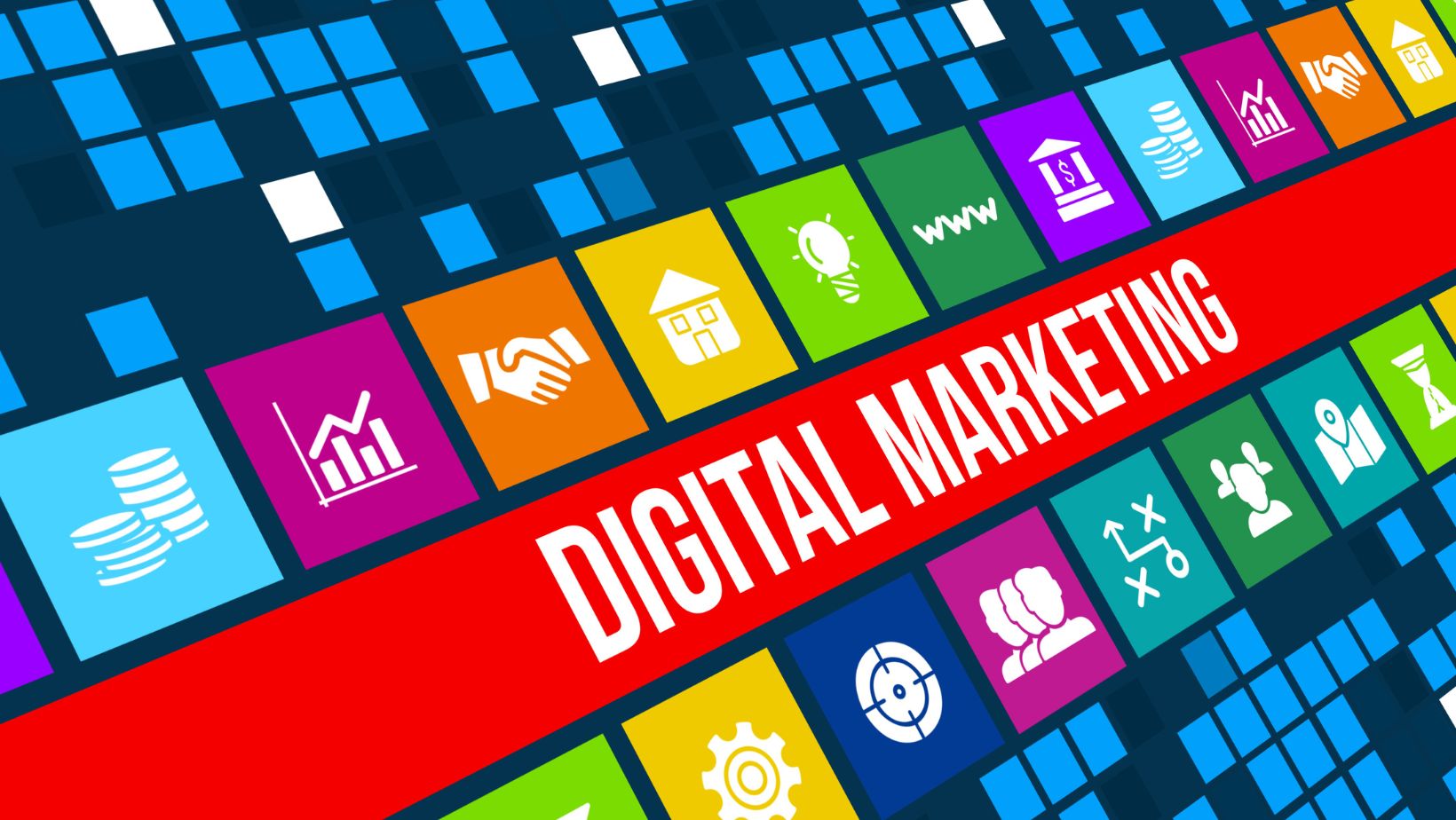Digital marketing has grown rapidly, with businesses increasingly relying on online platforms to reach customers, build brand awareness, and drive sales. This industry’s rapid expansion has created numerous career opportunities for individuals interested in the digital space. However, a career in digital marketing requires a particular set of skills, adaptability, and a keen understanding of trends. Before diving in, here are six key factors to consider to ensure a successful and fulfilling career in digital marketing.
Understand the Role and Salary Expectations
Digital marketing encompasses a wide range of roles, from social media management and SEO to content marketing, email marketing, and pay-per-click (PPC) advertising. Understanding the specific skills each role requires can help you determine which area of digital marketing aligns best with your interests and strengths. For instance, if you enjoy creative writing and storytelling, content marketing may be a good fit, while data-driven thinkers may gravitate toward SEO or analytics.
Compensation also varies widely based on the role, level of experience, and location. For instance, the average digital marketing salary may vary by country, city, and even industry. According to recent data, entry-level digital marketers earn a competitive starting salary, with potential growth as they gain experience. Positions in digital marketing management, analytics, and strategy tend to offer higher salaries as they require specialized skills and leadership abilities. Researching industry averages and comparing them to your salary expectations will give you a realistic sense of what you can earn as you advance in your career.
Assess Your Skill Set and Areas for Growth
Digital marketing is a field that demands a mix of technical and creative skills. Certain skills, such as data analysis, content creation, and understanding of social media platforms, are essential across most roles in the industry. While you don’t need to master every aspect of digital marketing, building a foundational understanding of core areas like SEO, Google Analytics, and paid advertising can make you more versatile and valuable as a candidate.
As digital marketing evolves, continuous learning is key. Assessing your current skill set and identifying areas for growth can help you stay competitive. Many professionals in this field invest in courses or certifications, such as Google Analytics, Facebook Blueprint, or HubSpot, to improve their skills. These credentials not only deepen your knowledge but also boost your resume. By dedicating time to learning and adapting, you’ll be well-equipped to handle changes and new challenges in digital marketing.
Determine Your Level of Adaptability and Flexibility
The digital marketing landscape changes rapidly, driven by evolving technologies, algorithm updates, and shifting consumer behavior. Successful digital marketers are adaptable and comfortable with frequent change, whether it’s learning a new tool, responding to a social media trend, or adjusting strategies based on new data. For example, Google’s frequent algorithm updates can significantly impact SEO strategies, requiring marketers to stay current with best practices.

If you thrive in a fast-paced environment where no two days are the same, digital marketing may be a good fit. However, if you prefer predictability and long-term projects without constant adjustment, you might find the field challenging. Having a flexible mindset and being open to learning new techniques is essential for success. Embracing change as an opportunity for growth will help you stay on top of industry trends and keep your strategies effective.
Evaluate the Demand for Digital Marketing Skills
Digital marketing has become a critical component of most business strategies, making it a high-demand career choice. Companies across industries are looking to expand their online presence, resulting in a growing need for digital marketing professionals. Certain specialties, such as social media management, content marketing, and PPC advertising, are particularly sought after as businesses prioritize digital engagement and data-driven campaigns.
Job boards and industry reports indicate that digital marketing positions are on the rise, and demand for skilled professionals remains steady. The Bureau of Labor Statistics projects positive job growth in marketing-related roles, which includes digital marketing. As the demand for digital marketing skills increases, pursuing this career path can lead to job security and growth potential. Consider the demand in your preferred location or industry to determine whether digital marketing aligns with your long-term career goals.
Assess Work-Life Balance and Potential Challenges
Digital marketing can be rewarding, but it also presents challenges that can affect work-life balance. Marketing campaigns often have tight deadlines, requiring marketers to work efficiently and handle pressure. Additionally, the demand for 24/7 online engagement means that some roles, such as social media management, may involve irregular hours, especially during campaign launches, holidays, or crisis management situations.

Understanding these challenges and setting boundaries is essential for maintaining a healthy work-life balance. Some positions offer flexible schedules or remote work options, which can help manage time effectively. Consider how much flexibility you require in your professional life and what kind of work environment best supports your well-being. Setting realistic expectations around work demands will enable you to approach the job with the right mindset and avoid burnout.
Think About Long-Term Growth and Career Advancement
Digital marketing offers numerous career paths and opportunities for advancement, particularly if you specialize in a high-demand area. Entry-level roles often serve as stepping stones to higher-level positions, such as digital marketing manager, SEO specialist, or content strategist. With experience, digital marketers can also move into roles that focus on data analysis, marketing automation, or even consulting.
Many digital marketing professionals advance by developing expertise in a specific area or by pursuing management roles. As you gain experience, you may find that a particular niche—such as content marketing, email marketing, or social media strategy—appeals to you. Additionally, digital marketing managers can earn competitive salaries, manage teams, and work on high-level strategy development. Thinking ahead about your career goals and growth potential in the field will help you make informed decisions and set realistic goals for advancement.
Pursuing a career in digital marketing requires an understanding of the industry’s diverse roles, a commitment to continuous learning, and the ability to adapt to rapid changes. By considering factors like role expectations, necessary skills, industry demand, and potential work-life balance challenges, you can determine if digital marketing aligns with your career aspirations. With the right preparation and mindset, a career in digital marketing can be both financially rewarding and professionally fulfilling.

